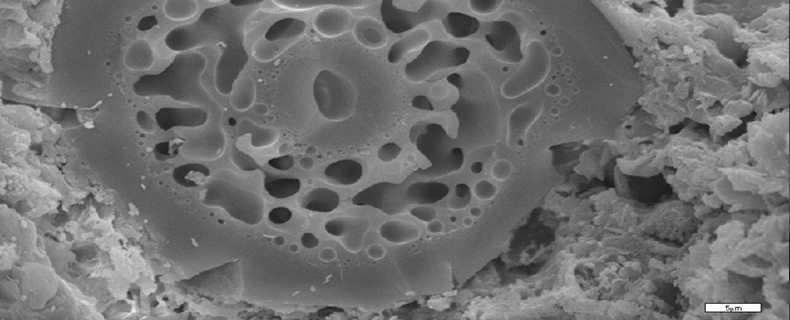| School |
Natural Sciences |
Academic Unit
|
Geology Department |
Level of Studies
|
Undergraduate |
Course Code
|
GEOL_015 |
| Εξάμηνο σπουδών |
2ο |
Course Title
|
School Counseling |
Independent Teaching Activities
|
Lectures and laboratory work |
Weekly Teaching Hours
|
3 (lect.) |
| Credits |
3 |
Course Type
|
Field of Science (Counseling Psychology) and Skills Development (Counseling skills) |
Prerequisite Courses
|
Typically, there are not prerequisite course. |
Language of Instruction & Examinations
|
Greek. |
Is the Course offered to Erasmus Students
|
No |
| Course Web-Page (URL) |
https://eclass.upatras.gr/courses/PDE1359/ |
Learning Outcomes
|
By the end of this course the students will be able to:
- Understand teacher’s role as a counselor
- Understand children and adolescents’ psychosocial needs.
- Understand how a counselling group is formed, carried out and evaluated. Also they will acquire an understanding of the therapeutic factors and group leader skills that make a group effective.
- Present the principles of designing and conducting a psychoeducational group for children with various socioemotional difficulties
- Apply group counseling skills
- Apply the principles and the methods of evaluating a psychoeducational group for children and adolescents.
|
General Competences
|
By the end of this course the student will, furthermore, have developed the following skills (general abilities):
- Ability to exhibit knowledge and understanding of the essential facts, concepts, theories and applications which are related to Group Counseling.
- Ability to apply this knowledge and understanding to the management of social and emotional problems related to school environment.
- Αbility to adopt and apply methodology to the management of less familiar school problems regarding students.
- Ability to prepare and carry out a psychoeducational group
- Study skills needed for conducting a group for children and adolescents.
- Ability to evaluate a psychoeducational group and make the necessary adjustments.
|
| Syllabus |
The importance of guidance and counselling programmes in schools today. Children’s and adolescents’ psychosocial characteristics and their counselling needs. The teacher’s role as a counselor. Psychoeducational groups for children and adolescents. Planning for a psychoeducational group. Group leadership skills and group processes (therapeutic factors, group climate, group alliance). Evaluating psychoeducational groups. |
| Delivery |
Lectures and practice through use of a counseling log. |
Use of Information & Communication Technology
|
The lectures content of the course for each chapter are uploaded on the internet (e-class), in the form of a series of ppt files, where from the students can freely download them. |
Teaching Methods
|
| Activity |
Semester workload |
| Lectures (3 conduct hours per week x 13 weeks) |
3×13=39 |
| Counseling log (3 hour per week x 12 weeks) – counseling an individual or leading a psychoeducational group |
36 |
| Total number of hours for the Course |
75 hours |
|
Student Performance Evaluation
|
- Evaluation of the counseling log, which is handed to the course instructor 1 week before the exams (30%). The mark is given provided that the student has secured at least the grade 5 in written examinations.
- Written examination after the end of the semester (70%)
Minimum passing grade: 5. |
Attached Bibliography
|
- Vassilopoulos, S. P., Brouzos, A., & Baourda, V. (2016). Psychoeducational group programs for children and adolescents. Athens: Gutenberg [in Greek]
- Vassilopoulos, S. P., Koutsopoulou, Ι., & Regli, D. (2011). Psychoeducational groups for children. Athens: Grigoris [in Greek].
- Brown, N. W. (2004). Psychoeducational groups: Process and practice. NY: Brunner-Routledge.
- Corey, M. S. & Corey, G. (2006). Groups: process and practice. Belmont, CA: Thomson Brooks/Cole.
-journals:
- Journal for specialists in group work. Routledge
- European Journal of Counselling Psychology.
|






























